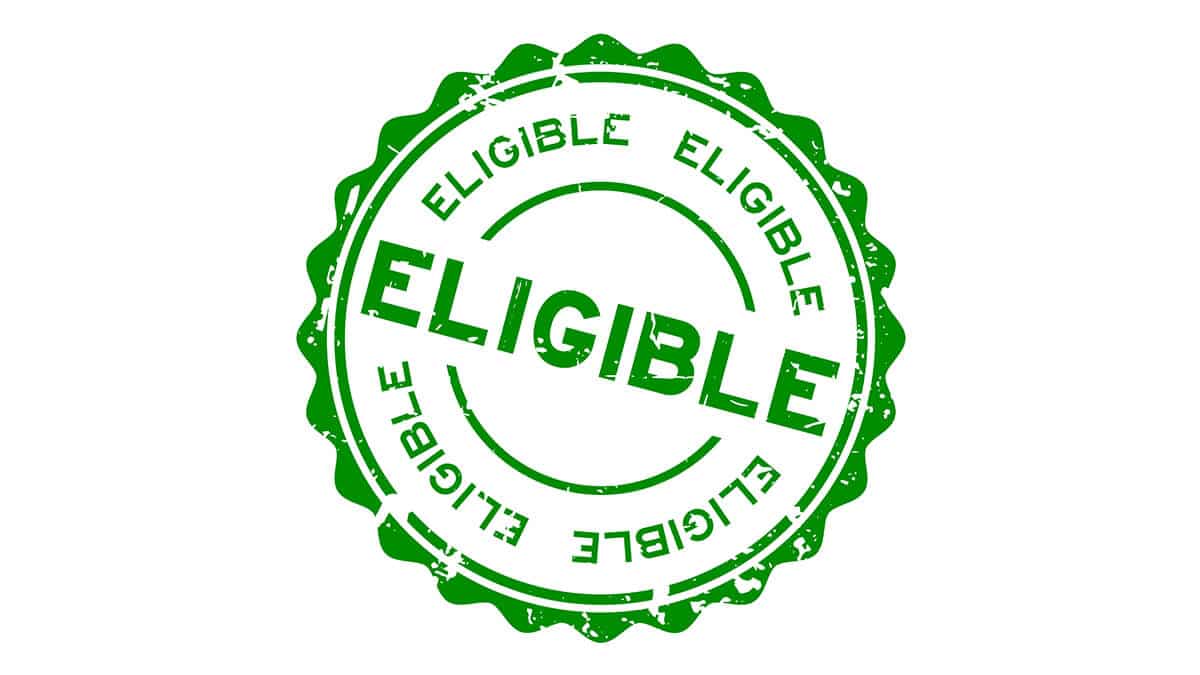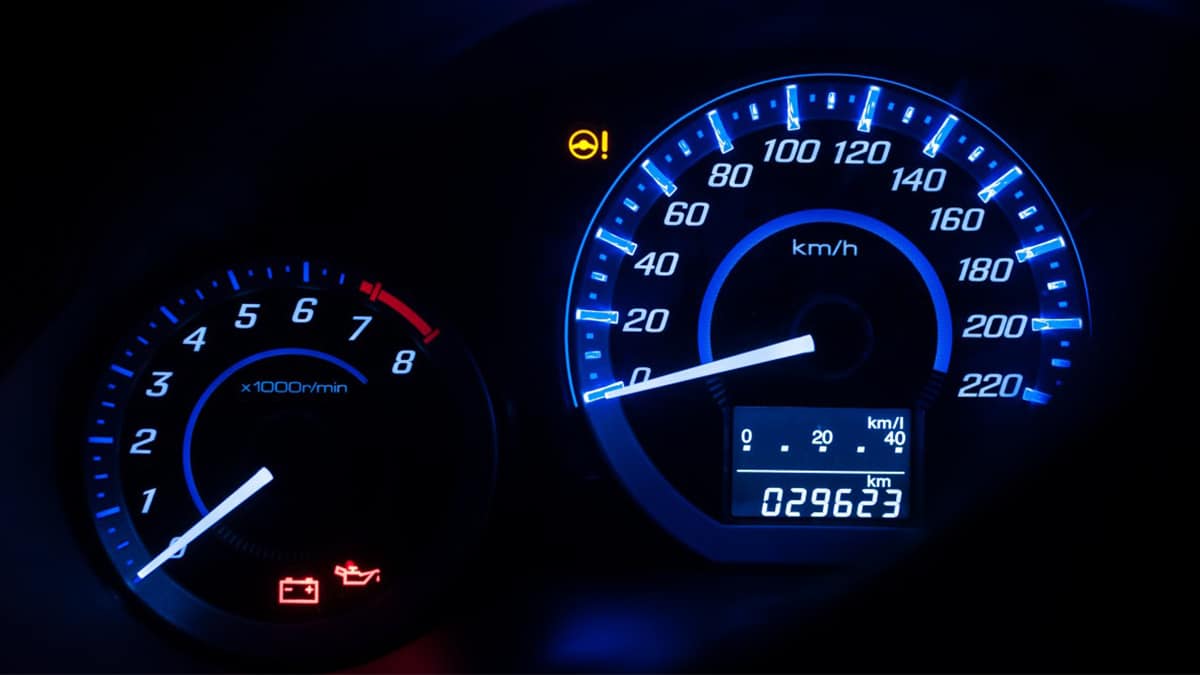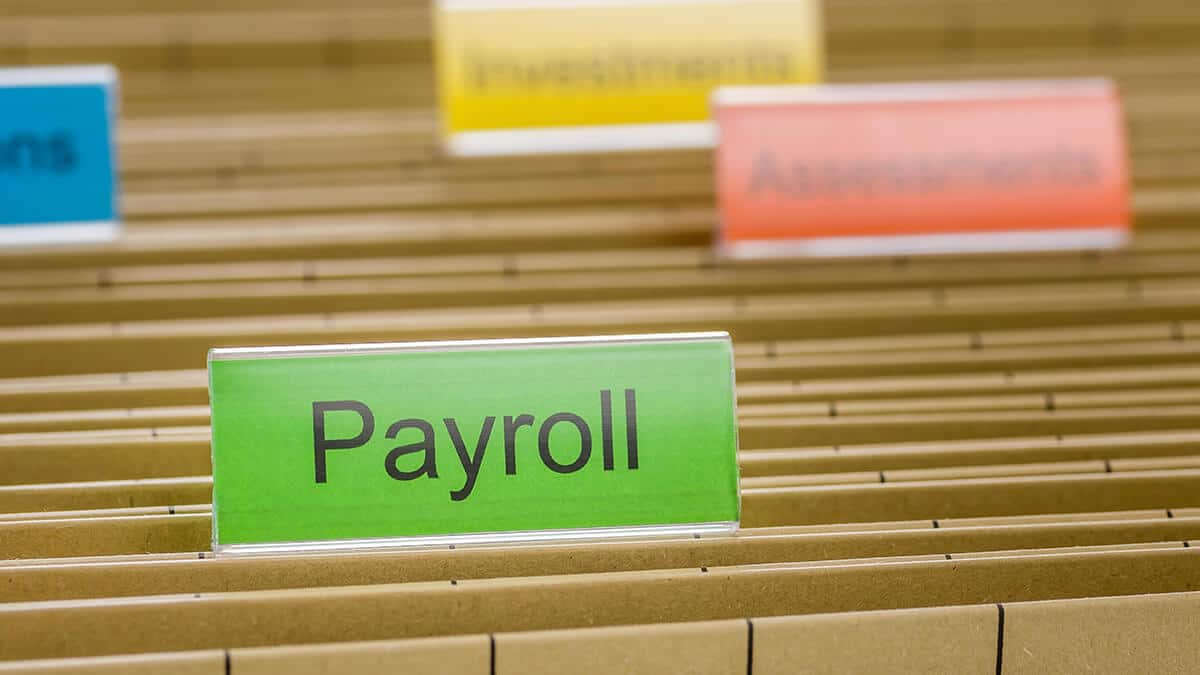In this guide
- How big is the Super Guarantee (SG) problem?
- What contributions should my employer be making?
- When should SG payments be made?
- How do I check my SG is being paid?
- What can I do if my employer is not paying SG contributions?
- How does the investigation process work?
- Why can’t the ATO get my money?
- Other ways to obtain your unpaid super
Under the current super rules, your employer is required to make contributions into your super account on a regular basis to help you save for your retirement.
So, what can you do if they don’t pay?
The short answer is report them to the Australian Taxation Office (ATO), but it’s worth understanding a bit about the problem and who can help before you hit the phone or the keyboard.
How big is the Super Guarantee (SG) problem?
Usually the first thing to do if you think your super contributions are not being paid is talk to your employer. Most employers do the right thing so simply asking how often they pay your super, how much is being paid and the fund into which it’s being paid often solves your concerns.
According to a 2022 report by the Australian National Audit Office (ANAO) into the ATO’s efforts in ensuring compliance with SG contribution rules, around 95% of SG contributions are paid by employers without the tax regulator needing to get involved. Which is a good thing, as the report found the ATO’s work in achieving greater employer compliance with their SG obligations was only partly effective.
To encourage employers to get their super affairs in order, the government introduced a one-off SG Amnesty in 2020. The six-month amnesty period was aimed at giving employers a chance to correct past SG non-compliance without paying penalties. It applied to missing SG contributions for any quarter from 1 July 1992 to 31 March 2018.
Following the SG Amnesty, the ATO held back from chasing up employers failing to meet their SG obligations due to the impact of the COVID-19 pandemic on businesses. In early 2022, however, the ATO announced it would begin taking more forceful action in relation to unpaid SG obligations and start debt collection actions with employers.
What contributions should my employer be making?
The main super contribution your employer should be paying to your super fund is the Superannuation Guarantee (SG).
Every employer must pay this contribution for their eligible employees as part of their wages and salary package. The current SG rate is 11.5% (in 2024–25).
Following changes to the SG rules, from 1 July 2022 almost all employees are eligible for SG contributions from their employer regardless of their employment status (full time, part time or casual). The main exception to eligibility is if you are aged under 18 and working less than 30 hours each week for your employer.
In addition, if you have set up a valid salary-sacrifice arrangement with your employer, regular salary-sacrifice amounts should also appear in your super account from your employer.
If you’re uncertain about whether you’re entitled to SG contributions, or if your employer is paying the correct amount, you can use the ATO’s Am I Entitled to Super? and Estimate My Super online tools to check your eligibility and SG entitlement.
Part of your SG entitlement is also Choice of Fund, which allows most employees to choose the super fund into which their employer’s SG contributions are directed.
When should SG payments be made?
Your employer must pay their SG contributions at least four times a year in line with the quarterly due dates. Some employers choose to make super contributions more regularly.
| Quarter | Period | SG contribution due date | SG statement and charge due date |
|---|---|---|---|
| 1 | 1 July – 30 September | 28 October | 28 November |
| 2 | 1 October – 31 December | 28 January | 28 February |
| 3 | 1 January – 31 March | 28 April | 28 May |
| 4 | 1 April – 30 June | 28 July | 28 August |
How do I check my SG is being paid?
The simplest way to check whether your employer has paid your SG contributions into your super account is to contact your super fund. Your super fund can provide you with updated information on all the payments made into your super account.
Alternatively, most super funds allow you to check the latest transactions in your super account online or in their app. Simply log into your super account and check to see if regular or quarterly SG contributions are appearing in your transaction list.
What can I do if my employer is not paying SG contributions?
If you believe your employer has not made contributions on your behalf or has not been paying enough SG, you can use the ATO’s web tool Report Unpaid Super Contributions From My Employer to let it know. The situation will then be investigated by the ATO based on the information you provide.
You can also use the web tool to let the ATO know your employer has paid your super late or has paid your super into the wrong super fund.
To report unpaid super contributions by your employer, you will need to provide your personal details (including your Tax File Number), the period you are checking and your employer’s details, including their Australian Business Number (ABN).
Your employer’s ABN is usually on your last payment summary or payslip, or on your employer’s letterhead. If you don’t have these documents, you can use the government’s Australian Business Register ABN Lookup tool to search for your employer’s ABN.
You will also be asked how much you were paid (before tax) in a calendar month and whether you have checked with your employer or super fund if super contributions have been paid. If you’re being paid as a contractor but believe you’re an employee for super purposes, you will need to provide a copy of the invoices you issued to your employer.
When you lodge your unpaid super enquiry, the ATO will ask for permission to use your name when contacting your employer. In some situations there may be delays or the ATO may not be able to proceed with your enquiry if you don’t give permission.
You can use the ATO app or call the ATO on 1800 060 062 to make a confidential tip-off if you want to keep your identity confidential.
How does the investigation process work?
Once you lodge an enquiry with the ATO about unpaid super, there is a five-step investigation process:
- Query received
- Investigation progressing
- Employer debt established
- Debt collection process
- Query closed
During its investigation, the ATO will keep you updated about the progress of your case by letter or email via your myGov account. If you don’t have a myGov account, a letter will be sent to your postal address.
Why can’t the ATO get my money?
If your employer has not paid your SG entitlements the ATO may not be able to recover your money.
The ATO will not be able to recover your unpaid super contributions or provide Choice of Fund if:
- You are not eligible for super contributions
- Your employer is not required to offer you Choice of Fund
- A relationship between you and the employer was not confirmed by the ATO
- Your employer provides information proving it has contributed the minimum super for you
- Your employer is bankrupt, in liquidation or under administration (in this situation you need to contact the company’s administrator or liquidator)
- Your employer’s company is deregistered
- The ATO decides the debt is not recoverable.
Other ways to obtain your unpaid super
If you lodge an enquiry with the ATO, it will take action based on the information you provide.
There are other steps you can take, however, to try to get unpaid super contributions from your employer, including:
- Seek a court order under the Fair Work Act 2009 – If you are employed under the national workplace relations system, you can seek an order from an eligible court.
- Talk to the Fair Work Ombudsman – The Ombudsman may be able to pursue your entitlements on your behalf, including going to court.
- Check your state industrial relations laws – If you are employed under the state industrial relations systems in NSW, Queensland, South Australia, Western Australia or Tasmania, these states have laws enabling the courts to order your employer to pay the shortfall amount to your super fund.






Leave a comment
You must be a SuperGuide member and logged in to add a comment or question.